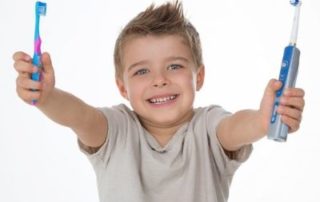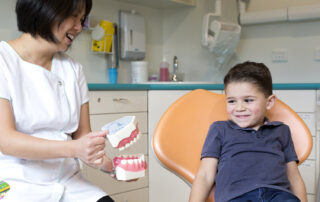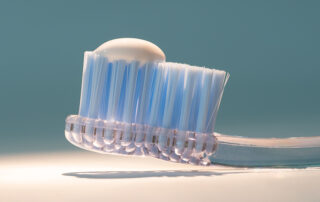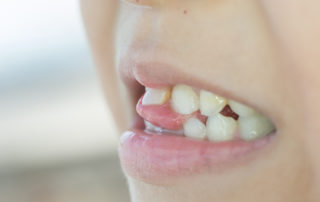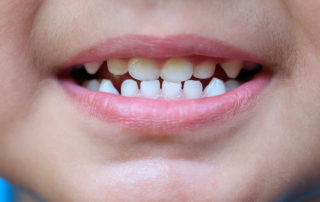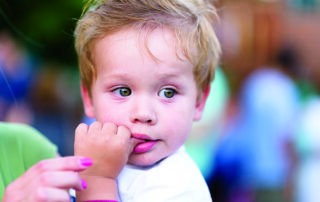Battle of the toothbrush!
Tooth brushing either with an electric toothbrush or manual toothbrush helps physically reduce plaque build up in our mouths. There is evidence revealing that electric toothbrushing may assist with reducing plaque build-up provided that it is used correctly. Thus, electric toothbrushes are generally recommended for adults who have already developed the correct dexterity in toothbrushing appropriately. Children usually will require assistance with their tooth brushing and flossing. As a parent, if you [...]
